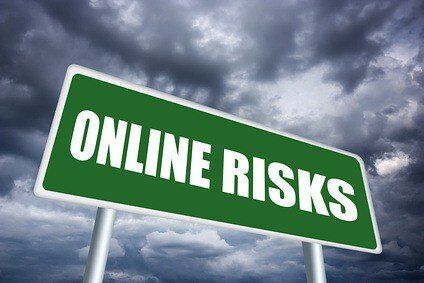 The internet has a unique capacity to inspire and inform vulnerable young people, engaging their interests, providing them endless learning opportunities and drawing them into mainstream culture and the popular debate.
The internet has a unique capacity to inspire and inform vulnerable young people, engaging their interests, providing them endless learning opportunities and drawing them into mainstream culture and the popular debate.
During a general election this power for positive engagement is increased further still and shines more brightly than ever. Schools across the UK are already teaching children about the importance of getting politically active online and running mock elections with Twitter polls and debates on key issues. Meanwhile support services for learning-disabled people are working to encourage them to get active, helping them better understand their personal rights and to get ready for the polls.
Social media at its best
Social media played an important role in the previous general election in 2010 and will this year be absolutely critical, as it will be every year from now on. An estimated 47% of 18 to 34 year olds regularly change their views on key issues, influenced by Twitter, and politicians are devoting more of their resources to engaging the younger electorate online.
More young people with learning disabilities than ever before will also be joining the national debate in May, learning about the importance of voting or maybe doing it for the very first time. Currently only around 30% of the 1.4m learning-disabled people in the UK vote, something Mencap’s Hear my Voice campaign is working hard to change. It wants more young people with learning disabilities to learn the importance of being politically active online and to have a stronger voice.
Their voting potential has not gone unnoticed by Labour and Ed Miliband has set out a series of policies to capture the attention of more disabled people. He has also pledged to lower the voting age to 16 if elected, pulling the gap in voters and social media ever closer. Of course this is all hugely exciting. Political apathy has been at dangerous levels in the UK for years with only around 60% of the electorate voting in the last few elections (65.1% in 2010).
Understanding the dangers
Cyberbullying, inappropriate content, grooming, exploitation, fraud and identity theft can all present specific dangers for vulnerable young people. Some 27% of parents say their child has been exposed to some kind of online threat and the Government has so far singularly failed to work effectively with internet service providers to tackle the issue, unable to get to grips with a quickly changing online environment.
Douglas Alexander, the head of the Labour party’s election strategy, confirmed this when was quoted in the Guardian as saying it was getting harder for politicians to campaign online. He said: “We are used to a politics where we share facts, but diverge on opinion,” he said. “We are confronting increasingly, because of the rise of social media, a politics where people’s social media feeds can be an echo chamber for, at best, their own opinions and, at worst, their own prejudices. And that’s a tough challenge for all democratic politicians in every party of the UK, and more broadly.”
How Twitter is responding
The industry is responding and Twitter CEO Dick Costolo recently said he was “frankly ashamed” of the company’s weak response to tackling online abuse. The company has since announced a fresh crackdown on abusive content and will be rolling out tougher content filters with an amended policy to suspend the accounts of anyone who breaks its content rules. Only time will tell how effective the stricter filters will be but it’s clear that Twitter has declared war on the trolls.
By understanding the risks and taking a few basic precautions, such as keeping PCs in family rooms, updating antivirus software and teaching vulnerable people about the dangers, you can help them enjoy the positive benefits of the internet safely.
If you need to find out more on online abuse, check out the National Crime Agency’s safety centre, which has some useful resources. The Anti-bullying Alliance, a project dedicated to ending harassment for people with a disability, also has some great resources including advice pages.

